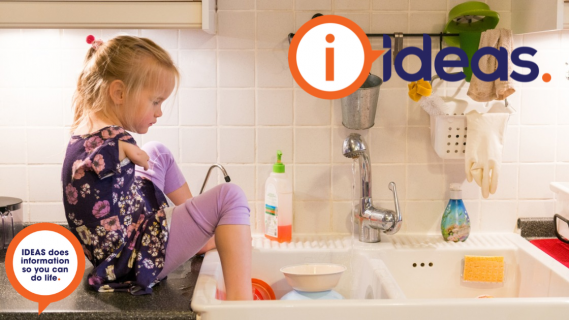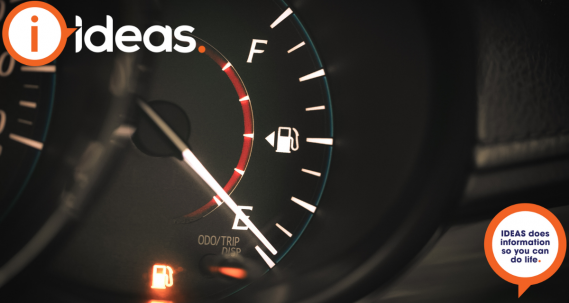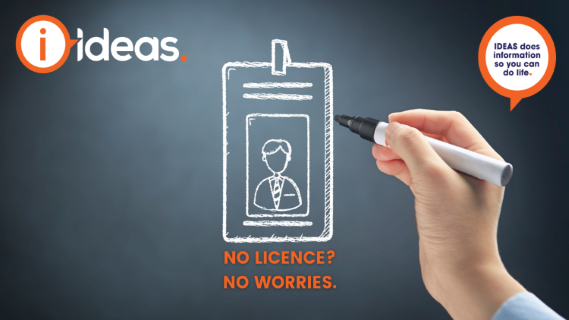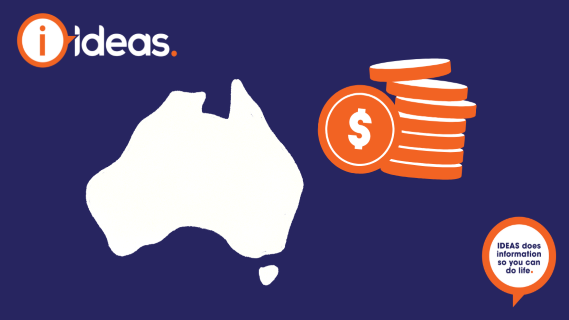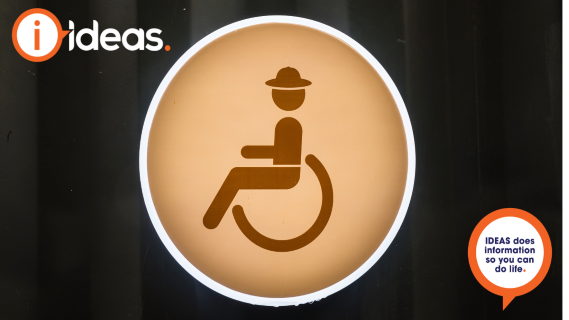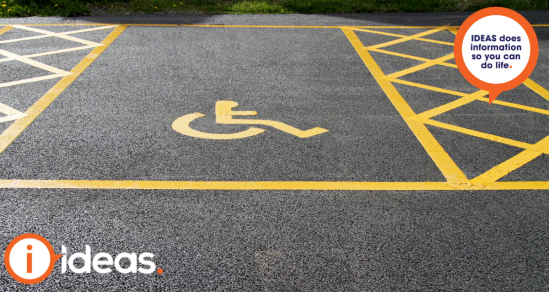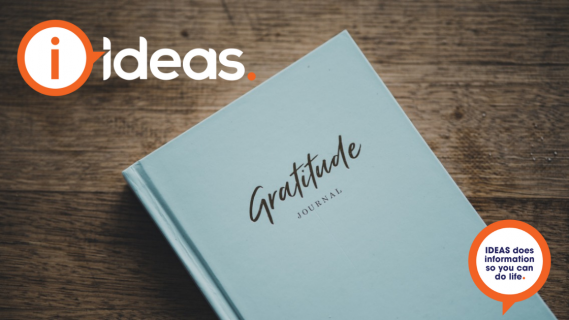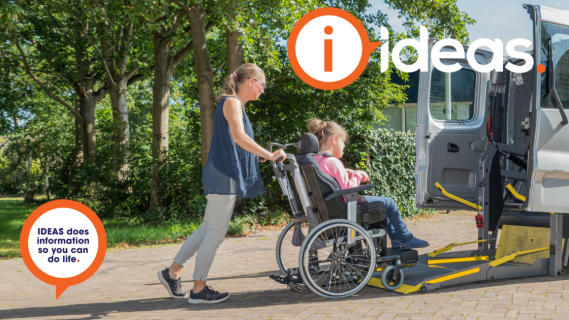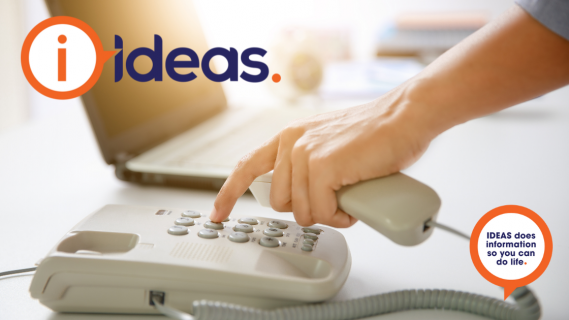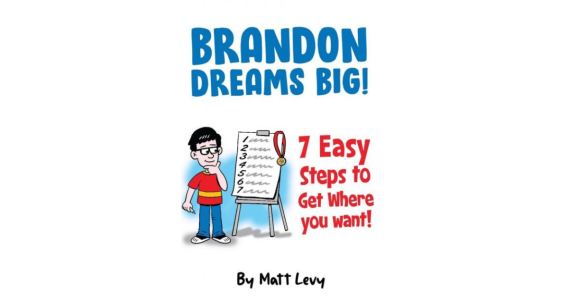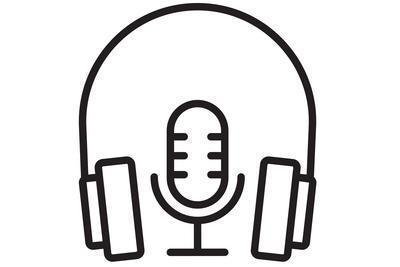You may have new questions about your tax this year. Job Keeper, Jobseeker, and Early release of superannuation are for consideration. Perhaps you are new to the NDIS and wondering what your obligations are. We bring together tax information from the Australian Taxation Office.
Jump to:
Easy Read | Government pensions and payments for people with a disability | Tax Help Program | JobKeeper Payment | JobSeeker Payment | Working from home | Early release of superannuation due to COVID-19 | Tax offsets for people with a disability | NDIS | Eligibility for tax concessions on cars for people with a disability |
Easy Read Tax Information
Get ready to do your taxJobKeeper ExtensionWorking from home deductions because of COVID-19Government pensions and payments for people with a disability
If you have a disability or you care for someone with a disability, you may receive a tax-free government pension or benefit.
Income tax is not paid on certain tax-free government pensions or benefits. If you are required to lodge a tax return, you need to include those pensions or benefits as they are used to work out your adjusted taxable income (ATI). Your ATI is an income test we use to work out:
- your eligibility for certain tax offsets
- the amount of those offsets.
For a list of the relevant tax-free government pensions or benefits, see Special circumstances and glossary.
See also:
- Income you must declare – Government payments and allowances
- Amounts that you do not pay tax on 2020
- Special circumstances and glossary
The ATO has a program for low-income earners to lodge their tax return online.
Tax Help Program
You are eligible for Tax Help if your income is around $60,000 or less for the income year and you didn’t:
- work as a contractor – for example, a contract cleaner, taxi or uber driver
- run a business, including as a sole trader
- have partnership or trust matters
- sell shares or an investment property
- own a rental property
- have capital gains tax (CGT)
- receive royalties
- receive distributions from a trust, other than a managed fund
- receive foreign income that is not a foreign pension or annuity.
For more information, see the Tax Help Program.
JobKeeper Payment
You will need to declare JobKeeper payment amounts you received as either an Employee or Sole trader in your tax return.
Employees
You need to include any JobKeeper payments you received in your tax return. Your employer will report these payments as either salary and wages or an allowance on your income statement. If you lodge your tax return online, this information will automatically pre-fill for you when your employer finalises your income statement. Tax agents will also have access to this information.
Sole traders
Sole traders who received JobKeeper payments on behalf of their business will need to include the payments as assessable income for the business in their tax return.
The payment amounts will pre-fill as ‘information only’. They will not automatically map to a label in your tax return. You will need to enter these payment amounts.
See also:
JobSeeker payment
From 20 March 2020, the new JobSeeker payment replaced certain Centrelink payments you might have received from Services Australia.
From 20 March 2020, there were no new grants of Sickness Allowance.
On 20 September 2020, JobSeeker welfare payment replaced Sickness Allowance.
As a result of this change, your Centrelink payment summary for 2020–21 may detail two types of payments, for both Sickness Allowance and new JobSeeker payments. We will pre-fill this information into “Australian Government allowances and payments’ in your tax return when Services Australia reports it to us. This information is usually available by the end of the first week in July each year.
A Medicare levy exemption for Sickness Allowance recipients is only allowed from 1 July 2020 to 19 September 2020.
JobSeeker payment is not an eligible payment for claiming a Medicare levy exemption.
See also:
Working from home
We understand that the Australian community is continuing to adapt to the ongoing impacts of COVID-19 on their working arrangements. To help, we extended the temporary ‘shortcut method’ of 80 cents per hour worked from home to be available until 30 June 2021. This means, if you use the shortcut method, you can claim your work from home expenses for the period between:
- 1 March 2020 to 30 June 2020 in your 2019–20 tax return
- 1 July 2020 to 30 June 2021 in your 2020–21 tax return.
This method is an all-inclusive rate that requires simple record keeping and a single calculation step.
You can use the method to give the best outcome, so long as you meet the criteria and record-keeping requirements. The other available methods are the:
- Fixed-rate method – 52 cents per work hour (instead of calculating your actual expenses for heating, cooling, lighting, cleaning, and the depreciation of home office furniture).
- You will need to separately calculate your phone and internet usage, computer consumables, stationery, and computer depreciation expenses (apportioning for private use).
- You need a dedicated work area and a diary for a four-week period that represents your pattern of home office use over the income year.
- Actual expenses method – claim the actual work-related part of all your running expenses, which need to be calculated on a reasonable basis.
Once you have calculated your deduction, enter the amount at ‘Other work-related expenses’ in your tax return.
See also:
Early release of superannuation due to COVID-19
The COVID-19 early release of superannuation program closed on 31 December 2020.
If you accessed your super early under the COVID-19 early release of super program, you do not need to include the amount released in your tax return. Amounts released under other compassionate grounds must be included in your tax return.
See also:
Tax offsets for people with a disability
If you have a disability or you care for a person with a disability, you may be eligible for certain tax offsets.
Tax offsets, sometimes referred to as rebates, directly reduce the amount of tax payable on your taxable income.
In general, offsets can reduce your tax payable to zero, but on their own, they can’t get you a refund.
Depending on your circumstances, you may be entitled to a tax offset if you:
- are a Senior Australian or pensioner
- receive certain government allowances or payments
- maintain certain dependents or a carer
- are a low-income earner.
See also:
Eligibility for tax concessions on cars for people with a disability
If you have a disability, you may be able to claim tax concessions when you buy or lease a car or buy car parts. You must meet the eligibility criteria.
For more information, see eligibility for tax concessions on cars for people with a disability.
National Disability Insurance Scheme
If you’re a participant or a nominee of the participant under the National Disability Insurance Scheme (NDIS):
- The payments you receive are tax-free.
- You can’t claim deductions for expenses or assets paid for by the scheme
- You may also have tax and super obligations in certain circumstances.
Learn about tax and:
- Hiring a support worker
- Income and deductions for participants
- Income and deductions for nominated representatives
- Income and deductions for registered plan management providers




















